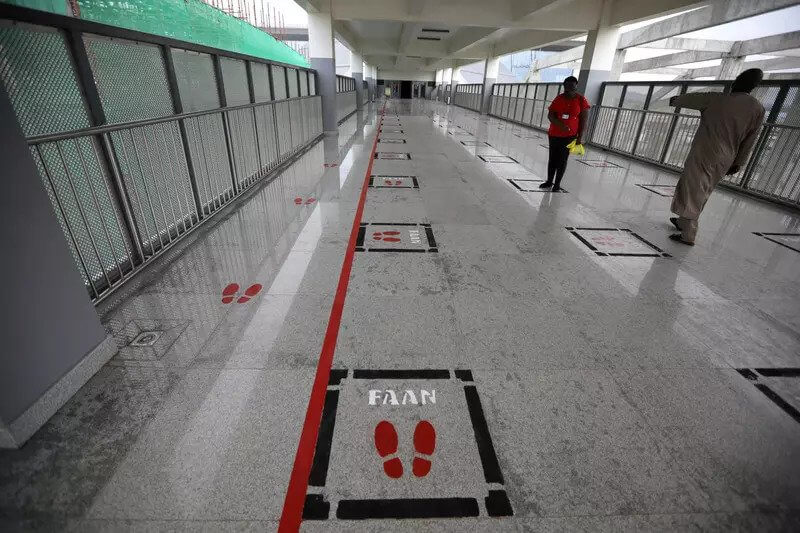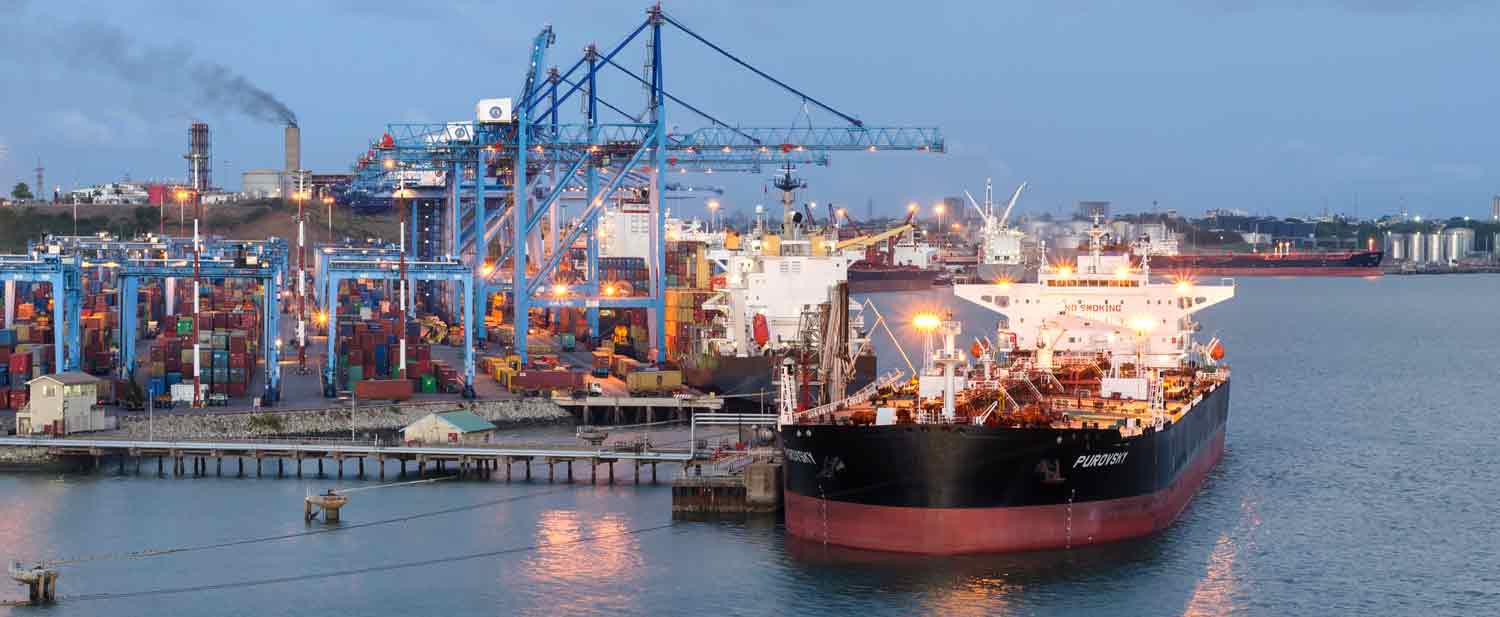Cross-border travel after COVID must be safe and predictable and shouldn’t require excess disclosure of personal health information. Developing such crossing experiences will take cooperation between the health sector as well as aviation, travel and tourism sector stakeholders. Timing is of the essence to prevent further harm to economies and make travelers comfortable with travel. When the six nations of the East African Community opened to essential trade in June, COVID-19 testing created kilometers of backed up trucks along the borders as truck drivers waited for hours to get test results. By working together to share test results in a harmonized system, border crossing and regional integration was later accelerated within East Africa. We need this kind of coordination and harmonization on a global scale. Unfortunately, that is not the current trajectory of COVID-19 era border crossing. COVID brought a patchwork of closed borders and complex border entry requirements as reopening countries attempted to balance the urgent need to restart travel and cross-border economic activity against the imperative of protecting their population’s health. Such disparate efforts are slowing travel and halting a range of industries such as tourism. Without intervention, these efforts will lead to fragmented policies and procedures and make international travel confusing and uncertain long into the future. Image: IATA The need: Safe, dynamic borders that respect private data For cross-border traffic to resume fully, travelers need border crossing experiences that are safe, predictable and do not require excess disclosure of personal health information. Such policies are not universally in place....
Cross-border travel is confusing after COVID – this framework can help borders reopen safely
Posted on: July 14, 2020
Posted on: July 14, 2020
























